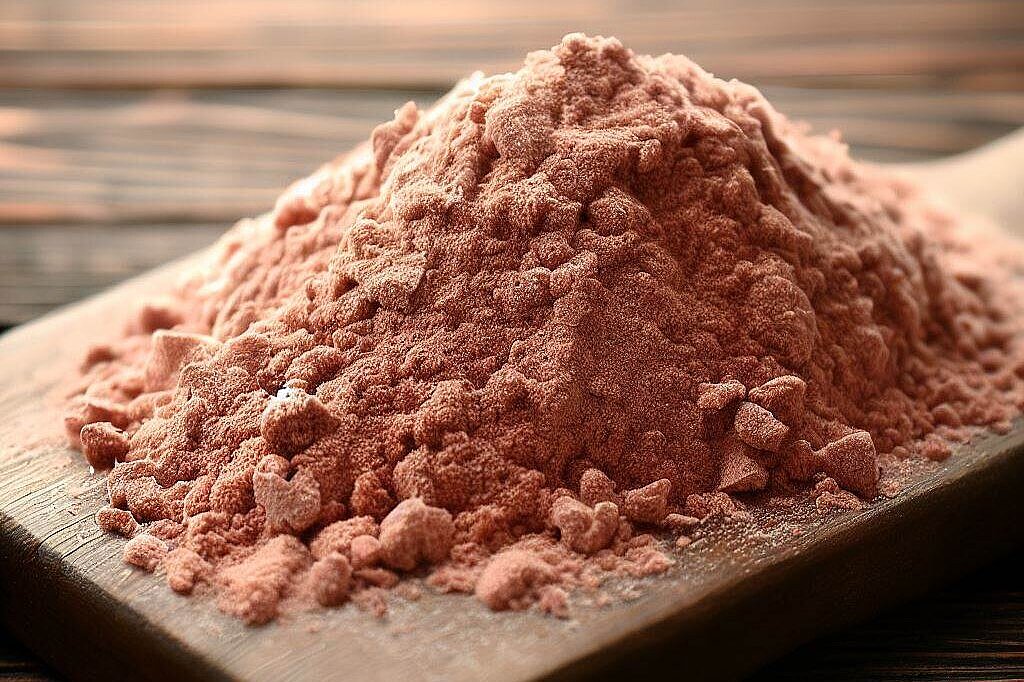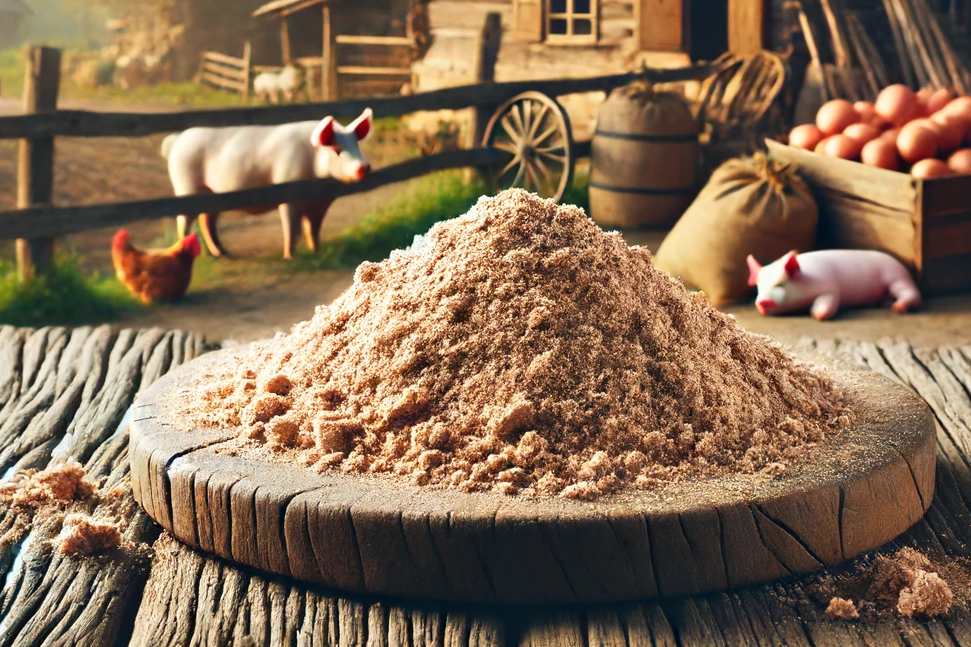Beef meal

In the world of dog nutrition, choosing the right ingredients is crucial to the health and well-being of our faithful companions. Beef meal, as a concentrated source of protein, has gained popularity in industrial dog food production. But what exactly is behind this ingredient and how does it affect our best friend's diet? This article takes a closer look at beef meal, highlights the benefits and takes a critical look at the potential drawbacks to give you a comprehensive perspective.
What is beef meal?
Beef meal is made by drying and grinding beef products, removing fat and water to create a highly concentrated protein source. This process not only concentrates the protein, but also the nutrients it contains, making beef meal an efficient ingredient in dog food production.
Advantages of beef meal
High protein content
The most obvious benefit of beef meal is its high protein content. Protein is vital for dogs as it helps to build and repair tissue, supports the immune system and provides a source of energy.
Efficiency and shelf life
Beef meal is efficient to produce and store. Its concentrated form means that less of it is needed to meet protein requirements in dog food, making it a cost-effective option for manufacturers. It also has a longer shelf life due to its low moisture content.
Rich in nutrients
In addition to protein, beef meal also contains important vitamins and minerals that come from the original beef. These include iron, zinc and B vitamins, which play a role in the health of the skin, coat and immune system.
Disadvantages and considerations
Quality and origin
The quality of beef meal can vary greatly depending on which parts of the beef have been used and how the manufacturing process is controlled. Lower quality beef meal may come from animals that have been treated with antibiotics or hormones, or it may contain less nutritious parts of the beef.
Potential allergies
As with all beef products, there is a risk of allergies with beef meal. Dogs with a sensitivity or allergy to beef may react negatively to food containing beef meal.
Ethics and sustainability
The production of beef meal and the associated industrial animal husbandry raise questions of ethics and sustainability. Environmentally conscious or ethically motivated dog owners may prefer alternative protein sources.
Making an informed choice
Beef meal can be a nutritious and convenient component of a dog's diet, but it's important to consider the quality and origin of the product. Deciding whether beef meal should be included in your dog's diet depends on a number of factors, including your dog's individual health needs, possible allergies and your own ethical and sustainability values. Ultimately, every dog deserves a diet that not only pleases their palate but also improves their quality of life.
If you notice any signs of hypersensitivity or poisoning in your dog, you should see your vet immediately. We are not a substitute for a vet, but we try to be as accurate as possible. Every dog reacts differently and we recommend you get a second opinion or consult your vet if in doubt.
Stay healthy and take good care of your four-legged friend!😊
Similar to Beef meal
Duck meal has several benefits for dogs that make it a good source of protein. Firstly, it is hypoallergenic, which means that it rarely causes allergies or intolerances. This is because duck meat...
Poultry meat meal is poultry meat that has been dried and processed into meal. It can consist of various poultry parts such as breast, thighs or wings. It should not be confused with poultry meal,...
Lamb meal is a highly concentrated protein product made by drying and grinding lamb meat to remove fat and water. It serves as a potent source of protein in many dog food formulations and is...
Pork meal is made from pork that has been dried and ground into a fine powder. This process removes most of the water and fat, resulting in a concentrated protein product. Pork meal is often used in...



